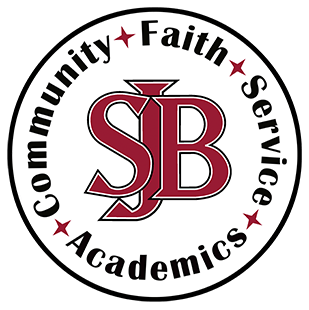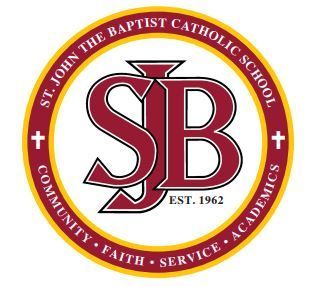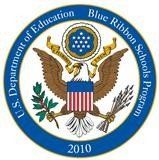The Resource Program at St. John the Baptist is dedicated to meeting students where they are and helping them succeed. This is done in partnerships with families. Academic and learning services may be delivered in the classroom or in small groups outside the classroom setting.
Our Catholic School Commitment:
- Our Catholic identity permeates the process of helping the child.
- Effective communication is paramount.
- Parents are an integral part of the process.
- Terminology is clear and professionally accurate. Paperwork is minimal.
Community Resources
Community health resources are shared with staff and families through this section of the Resource page. The following resources can help staff members and families with...
- developmental screenings for children age 3 until Kindergarten
- referral services for children in Catholic schools
- children with special needs
These resources are checked each school year so that they remain current. They are shared with families through the Principal's Note and Parent-Student Handbook
Overview
The resource specialists work with classroom teachers, part-time resource aides, volunteer tutors, and resource specialists from Montgomery County Public Schools. In the upper grades, selected students take a study skills course three times a week instead of Spanish. Study Skills is often led by a middle school classroom teacher or resource specialist, who reinforces and teaches academic content and coaches and guides students on organization and evidence-based study strategies.
-
Educational Plans
Any plan to help a student overcome a particular challenge must involve the primary educators of the student: the child's parents. Parents are full partners at SJB.
-
Student Assistant Teams
If a teacher has a particular concern about a student, the teacher brings the concern to the resource director, who checks to see if the teacher has tried basic interventions including...
- asking the child's parents about it
- checking vision/hearing
- moving the child's seat
If the concern persists, the resource director invites the student's teachers to a Student Assistance Team (SAT) meeting.
After the lead teacher summarizes the concern, the teachers follow a format to agree on...
- a goal for the student
- proof of success
- assessment, or a way of measuring success
- an intervention to help the student reach the goal
- designation of teachers responsible for implementation
- assessment/meeting dates in 6-8 weeks
-
Accommodations and Modification
If learning challenges persist, even with an SAT intervention plan in place, the resource director begins the process of developing an accommodation plan or individual learning plan.
The resource teacher works with teachers and parents to develop Catholic Accommodation Plans (CAPs) or Individualized Catholic Education Plans (ICEPs) for students identified with specific learning needs.
CAPs are similar to 504 plans in public school systems, and ICEPS are similar to IEPs.
The CAP and/or ICEP plans are developed after students have undergone private testing or testing through the public school system. See the Child Find flyer. This testing process is recommended when parents and/or school staff believe a child has specific learning needs and may benefit from a service plan.
Testing is done only with the support of the parents. In a referral meeting, the principal and resource director meet with parents to talk about many issues: the testing process, cost, time frame, educational options for the child in the future.
Parents might ask if their child will be "labeled" once the child is tested. Or, they might suspect that the teachers only want to medicate the child to keep the students docile. In fact, a medication decision can and should be made only by a medical doctor in consultation with the child's parents. The principal and resource director will answer all of the parents' questions and address all of their concerns, guiding the parents through the process step by step, assuring the parents that their child will benefit from the quantity and depth of an assessment-evaluation by a licensed child psychologist.
In grades 5-8, specific educational plans with supporting documentation are required in order for the teachers to deliver the accommodations or modifications the student needs in the classroom.
Special education programs in Catholic high schools usually require supporting documentation, such as a psycho-educational or neuro-psychological evaluation, within the past two years (after the student's 6th grade year).
-
Resources on Various Learning Needs
-
What's ADHD?
Lots of kids have a hard time concentrating on a single task for a long time. Lots of kids get antsy in their seats after a while.
When should a parent or a teacher worry that a child is zoning out too much? At what point is a child's impulsive behavior more than typical?
In many cases, there's no easy answer, especially when a child is on the border of attention deficit hyperactivity disorder (ADHD).
If the hyperactivity, or the inattention, affects all aspects of the child's life and the child has at least six symptoms, the child may be considered ADHD, according to CHADD (Children and Adults with Attention-Deficit/Hyperactivity Disorder). Understood is a general, all-around website resource for parents of children with attention deficit and/or learning issues.
Here are the possible symptoms of the inattentive and hyperactive forms of ADHD:
ADHD predominantly inattentive presentation
- Fails to give close attention to details or makes careless mistakes
- Has difficulty sustaining attention
- Does not appear to listen
- Struggles to follow through with instructions
- Has difficulty with organization
- Avoids or dislikes tasks requiring sustained mental effort
- Loses things
- Is easily distracted
- Is forgetful in daily activities
ADHD predominantly hyperactive-impulsive presentation
- Fidgets with hands or feet or squirms in chair
- Has difficulty remaining seated
- Runs about or climbs excessively in children; extreme restlessness in adults
- Difficulty engaging in activities quietly
- Acts as if driven by a motor; adults will often feel inside as if they are driven by a motor
- Talks excessively
- Blurts out answers before questions have been completed
- Difficulty waiting or taking turns Interrupts or intrudes upon others
ADHD combined presentation
- The individual meets the criteria for both inattention and hyperactive-impulsive ADHD presentations.
If you believe that your child is ADHD, you are not alone. There is a wealth of information on ADHD. Parents are advised to talk to their child's pediatrician about their concerns. CHADD has created this page specifically for parents. Parents may also want to ask their local public school for an evaluation of their child. Documentation will be required.
Here are some other options for having your child tested:
11309 Classical Lane
Silver Spring, Maryland 20901
(301) 593-3700; FAX (301) 681-8410
Email: rf@certified-learning-centers.com
Chesapeake ADHD Center of Maryland
8607 Cedar Street
Silver Spring, Maryland 20910
(301) 562-8448; FAX (301) 562-8449
Center for Development & Learning
707 North Broadway
Baltimore, MD 21205
(443) 923-9400
Request Appointment
2114 Biology-Psychology Building
College Park, Maryland 20742
(301) 405-4808 ; Fax (301) 405-0367
E-mail: PsycClinic@umd.edu
400 McAuley Hall
5801 Smith Avenue
Baltimore, MD 21201
410-735-6277
Applied Counseling & Psycho-Educational Services
Jackson Place South 932 Hungerford Dr., Suite 5B
Rockville, MD 20850
(301) 933-2374 FAX (301) 353-9093
Email: mlburgee@verizon.net
8720 Georgia Avenue
Suite 606
Silver Spring, MD 20910
301-565-0534
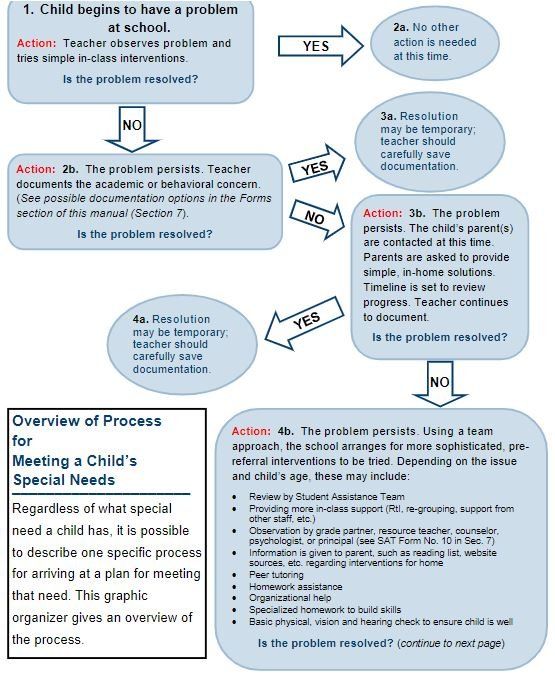
Slide title
Write your caption hereButton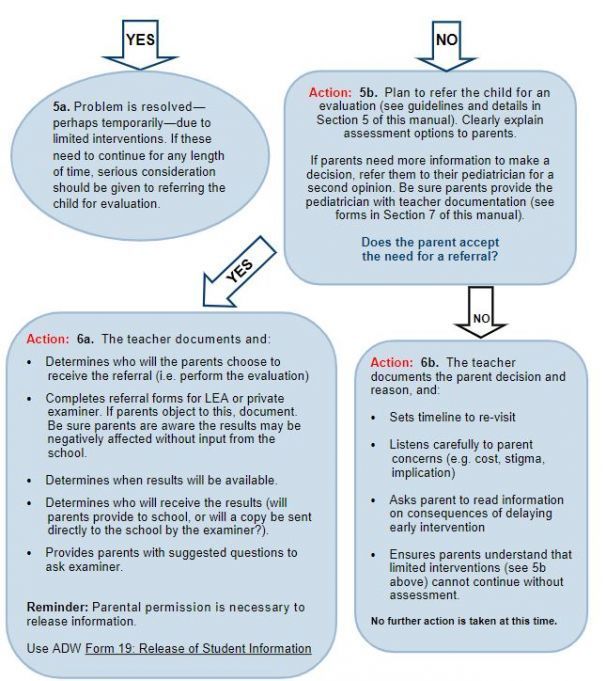
Slide title
Write your caption hereButton



